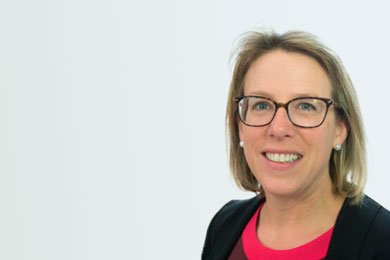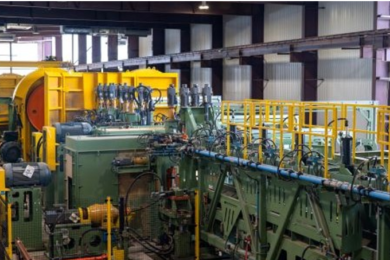Drax has launched a Biomass Carbon Calculator to help the industry accurately measure emissions in the biomass supply chain.
The new tool will allow the sector to identify where emissions reductions can be made and help to make a greater contribution to tackling climate change, according to Drax. The company is seeking views from a wide range of experts, including non-governmental organisations, academics and the biomass energy industry in a consultation on the new tool, to ensure that the methodology is as accurate and transparent as possible.
The Biomass Carbon Calculator has already been independently reviewed against the greenhouse gas calculation methodology laid out in the Renewable Obligation, one of the main support mechanisms for large-scale renewable electricity projects in the UK, according to Drax. The review also verified the new tool for compliance with the EU’s Renewable Energy Directive II.
Rebecca Heaton, head of climate change at Drax Group, said the company announced a “world-leading ambition” to become carbon negative by 2030 by pioneering the “ground-breaking negative emissions technology”, bioenergy with carbon capture and storage (BECCS).
As part of this commitment to support the UK’s net-zero targets, Heaton said the company is also ensuring that the supply chain for the sustainable biomass pellets it uses to generate electricity is as low carbon as possible. She said: “To do that, it’s vital that Drax and the rest of the biomass industry has the clearest picture possible of emissions in the production and transportation of the pellets, by using actual supply chain data to help raise the quality of carbon accounting for biomass.
“That’s why we’re calling on academics, scientists, regulators and non-governmental organisations, as well as those in the biomass industry, to participate in the consultation to help further improve the modelling for this new calculator and create a higher industry standard for emissions reporting.”
Following the six-week consultation, Drax will undertake further third-party verification to ensure the new tool’s compliance with regulatory requirements
Photo: Rebecca Heaton, head of climate change at Drax Group




